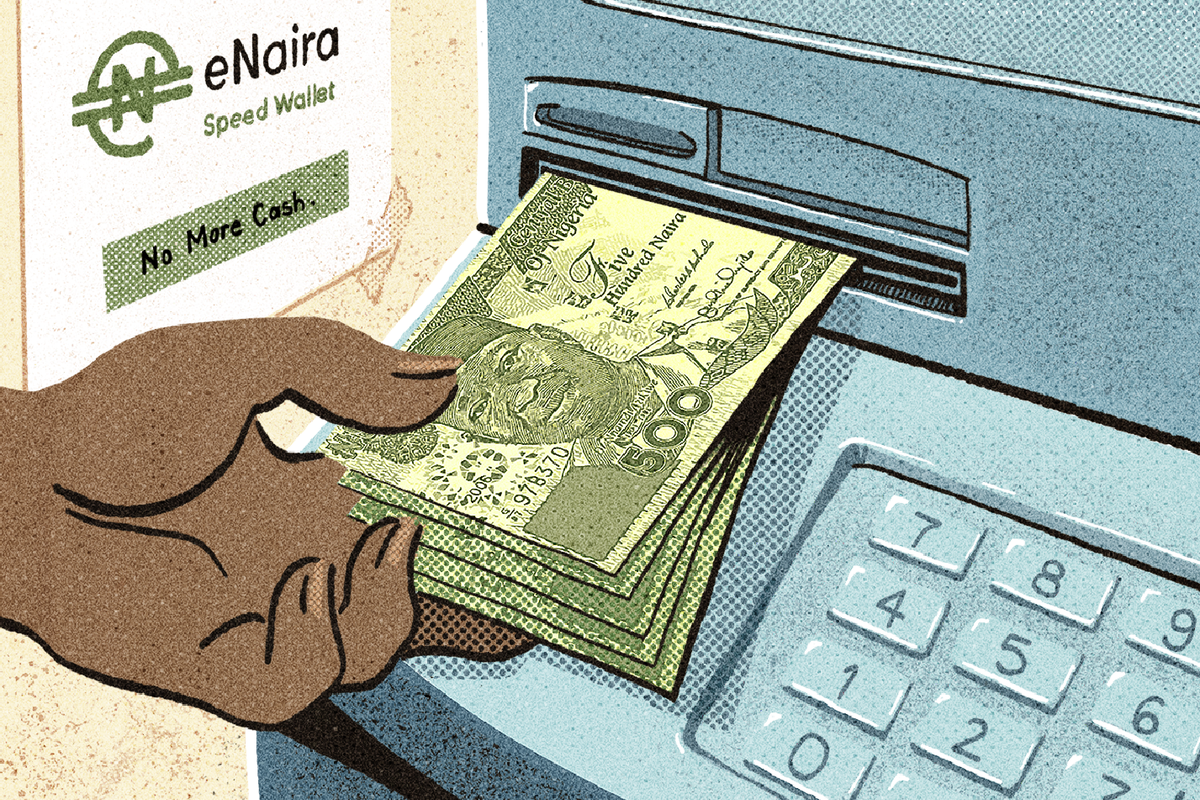
The Central Bank of Nigeria (CBN) has made adjustments to the cash withdrawal limits implemented on December 6, 2022, after widespread rejection from both citizens and stakeholders in the financial sector. The original plan also included the redesign of local Naira banknotes with an expiration set for the old banknotes, so that the existing cash circulating is returned to banks.
On December 22, under pressure from multiple industrial unions, public outcry, and culminating with discussions in the Nigerian National Assembly, CBN increased the limits from the weekly cash withdrawal of N100,000 (~$225) for individuals and N500,000 ($1,125) for legal entities to N500,000 (~$1,125) and N5,000,000 (~$11,125) respectively.
Furthermore, following a motion by Senator Ali Ndume, the National Assembly urged the CBN to extend the deadline for the circulation of the old Naira banknotes from January 31 to June 30, 2023. As we are approaching the date of the initial deadline, CBN has not yet responded to this request.
The Nigerian authorities seem to be dead set on their plans to digitalize money and payment systems.
In an ambitious tweet on January 6 the Government of Nigeria announced a “full non-cash economy by March 1, 2023.”
"As far as we're concerned, Nigeria will become a full non-cash economy by March 1, 2023. As a consequence, any Govt official that withdraws even one Naira cash from any public account from March 1 will be investigated & prosecuted."— Nigerian Financial Intelligence Unit (NFIU)
— Government of Nigeria (@NigeriaGov) January 6, 2023
In an extended document “Nigeria Payments System Vision 2025”, released on the last day of 2022, CBN further stressed its commitment to its 2020 roadmap for the reform of the Nigerian payments system. Two of the thirteen recommendations in this document relate to utilization of Distributed Ledger Technology tools:
4. The CBN would keep an active watching brief on Blockchain solution for the Naira while collaborating with relevant stakeholders to identify resources to track and report on potential deployments of Blockchain solution in other countries; engage with other central banks on potential joint venture to investigate and implement a Central Bank Digital Currency (CBDC) solution. It would also monitor potential ‘Smart Contract’ solutions in other countries and/or regions and develop the strategy for its adoption in Nigeria. A position paper that identifies potential use cases, deployment approaches and timescales would be developed, in collaboration with industry stakeholders.
Separately, the document addressed the CBN plans for stablecoins
5. The CBN would consider the development of a regulatory framework for potential implementation of ‘Stable Coin. It would also continue its watching brief on Initial Coin Offerings (ICOs) as well as work with Security Exchange Commission (SEC) to jointly develop a regulatory framework in the event of adoption of an ICO-based investment solution.
It is interesting that despite a large section of this document describing all the benefits and specifics of a national CBDC, it does not contain even a single mention of eNaira, the CBDC project that CBN considers technologically finalized. In the document, CBN gives another 3-5 years for full implementation of the CBDC solution. Overall, it seems that the document was not updated since its previous release.
Meanwhile, in an additional accord of Nigeria's financial system year-end developments, Ibrahim Babangida, the Chairman of the House of Representatives Committee on Capital Markets, broke the news for a proposal to legalize crypto usage. The proposed bill, if passed and signed into law, will allow the Securities and Exchange Commission to recognize cryptocurrency and other digital funds as capital for investment, and will also define the regulatory roles of the Central Bank of Nigeria and SEC regarding digital currency.

